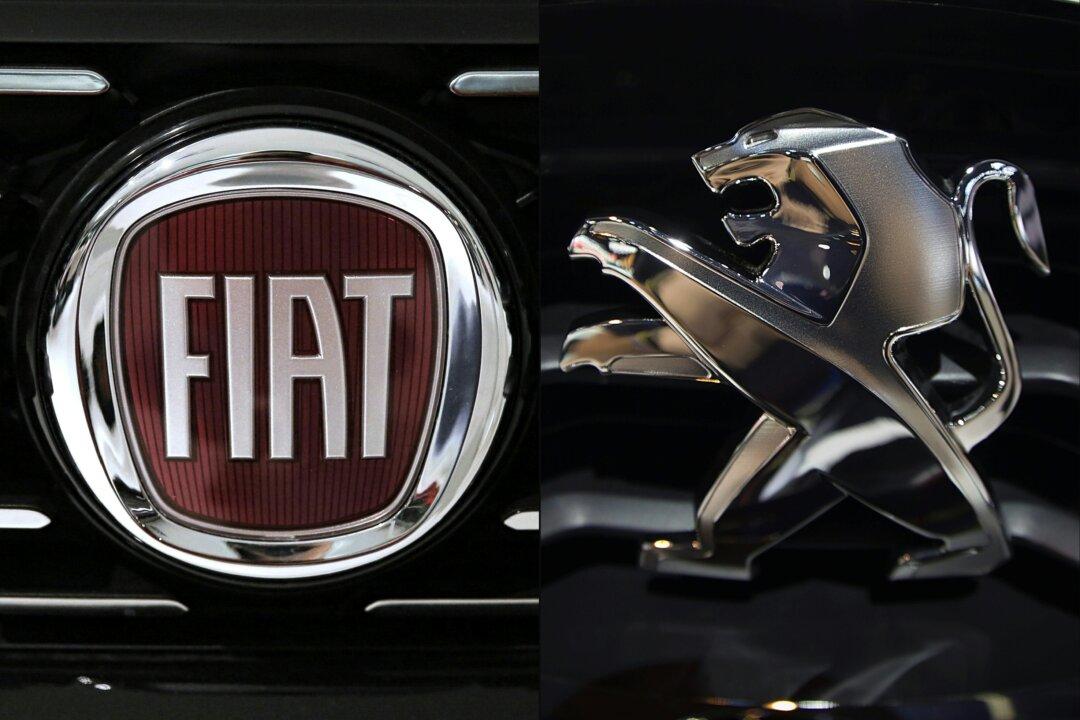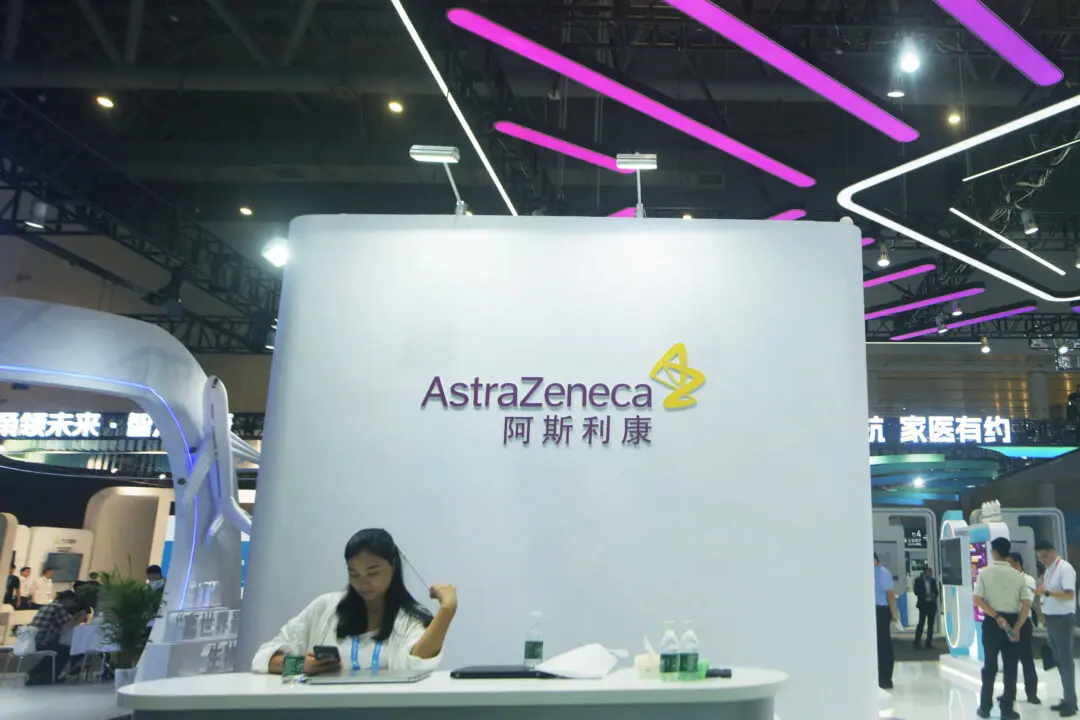PARIS/MILAN—Fiat Chrysler (FCA) and PSA said on Monday that investors had given their blessing to a $52 billion merger to create the world’s fourth largest automaker, and shares in the new company, named Stellantis, would start trading in two weeks.
With annual production of around 8 million vehicles worldwide and revenues of more than 165 billion euros ($203 billion), the newly-formed firm is expected to play a key role in the auto industry’s jump into the new era of electrification.





